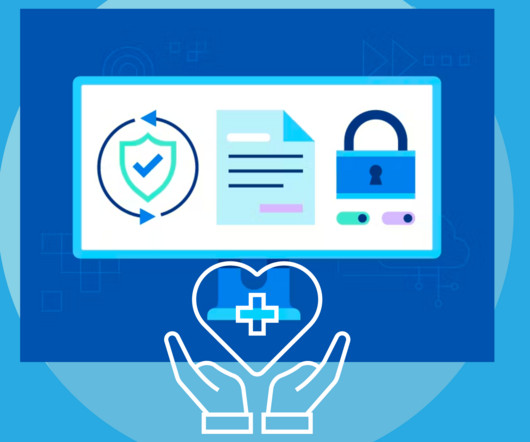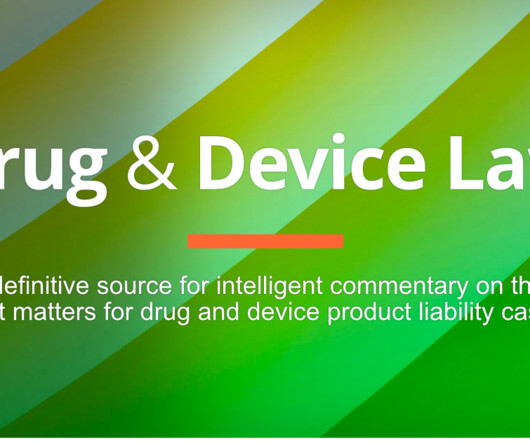The Hidden Benefits of Regulatory Compliance in Healthcare
MedTrainer
MAY 12, 2021
The Hidden Benefits of Regulatory Compliance in Healthcare. With its maddening complexities and time- and resource-consuming demands, regulatory compliance is thought to be the plague of any thriving business. But what is compliance in healthcare? Fact: Regulatory Compliance in Healthcare is an Advantage.






















Let's personalize your content